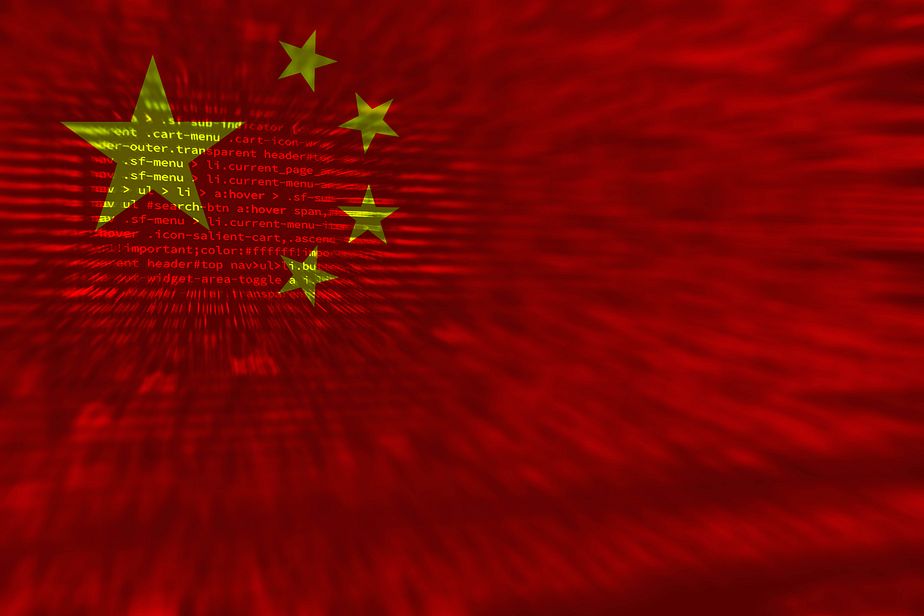In September 2022, Spain-based human rights group Safeguard first reported about Chinese Overseas Police Stations (COPS) operating across five continents. There are reportedly around 102 such stations operating in 53 countries, Inside Over reported.
The network of COPS is supposedly established by China-based Public Security Bureaus (PSBs), namely Fuzhou (Fujian Province), Qingtian and Wenzhou (Zhejiang Province) and Nantong (Jiangsu Province) in 2016. They are involved in information gathering, influence operations and repression activities targeting criminals, frauds, and corrupt officials as well as political opponents and dissidents such as Tibetans, Uighurs and anti-China voices, abroad.
They often use local Chinese Overseas Home Associations, linked to the United Front Work Department (UFWD), to bring them back for further investigation. In a 2018 organizational reform, the Chinese Communist Party (CCP) amalgamated its Overseas Chinese Department into the UFWD in an attempt to employ overseas Chinese as informants, Inside Over reported.
Overreach COPS are heterogeneous groups and its members differ from place to place ranging from former police officials or high-ranking members of the Diaspora without any special position. They function through informal locations including local shops, restaurants, malls or apartments and also from external representation like small law firms without any association with the Chinese Embassy.
Originally designed to serve overseas Chinese, the COPS were branched out by PSBs amid the COVID pandemic and rising anti-China sentiments that put a restraint on Fox Hunt operations aimed at persuading Chinese fugitives by pressure and cajoling to return ‘voluntarily’.
The PSBs first set up a centre-level station in a foreign city and then establish smaller stations in adjacent parts of the city. They are divided into ‘service stations’ and ‘liaison posts’. While service stations are more significant in scale, headed by a leader of the overseas Chinese community, who are loyal to the CCP, liaison posts are greater in number and operate in a low-profile manner. Some of the stations are responsible for propaganda and talent recruitment as well.
The modus operandi of such operations varies from country to country with few countries in Africa and South America, Myanmar and Cambodia, where the Chinese have a strong influence, supporting such operations. Some countries in Africa viz. South Africa, Tanzania, Mozambique, Zambia etc., in Asia viz. Cambodia along with Serbia, Croatia, Romania and Italy have already signed agreements to cooperate with such operations.
In fact, the US Congressional-Executive Commission on China (CECC) has alleged that Interpol was also hand-in-glove with the Chinese on such operations. Similarly, the United Nations Office on Drugs and Crime (UNODC) has also been used for such operations. The scalability suggests that these operations must have the support of central authorities in China, Inside Over reported.
While China claims to offer administrative services to overseas Chinese and combat cross-border fraud as motives of COPS, ulterior motives, besides intelligence gathering and policing include safeguarding the Belt and Road infrastructure projects and exerting cultural and racial influence on overseas Chinese Diaspora, Inside Over reported.
The presence of COPS, spread over five continents, has received backlash from a host of countries mainly the US, Canada, Europe, Japan and South Korea. As a consequence, few stations viz. Dublin (Ireland) and New York (US) have been closed down.
Some measures initiated by other governments include deliberation by the European Parliament to include this topic in the agenda points of bilateral talks with China and a decision to establish a hotline to report threats related to the issue.
However, some developing countries viz., Brazil, Argentina, Ecuador, Hungary and Nigeria choose to remain silent. There is a possibility that the silence of some countries on the issue under Chinese economic and political clout might embolden other Chinese provinces like Guangdong to establish similar police stations abroad.
Recently, China’s top legislative body-The Standing Committee of the National People’s Congress (NPCSC)-proposed Foreign State’s Immunity Law (FSIL) which would set out the criteria for deciding circumstances in which a foreign government falls under China’s legal jurisdiction.
Through this law, Beijing is looking at allowing foreign governments to be sued in Chinese courts. Now, with so many foreign countries taking countermeasures against COPS, China can well utilize FSIL in advancing its operations, especially in countries that are not favourable.
The international community must come together and oppose such operations vehemently through widespread media attention and a tough stance. Beijing must be held accountable for overreaching its jurisdiction and intimidating its citizens even beyond its borders.

